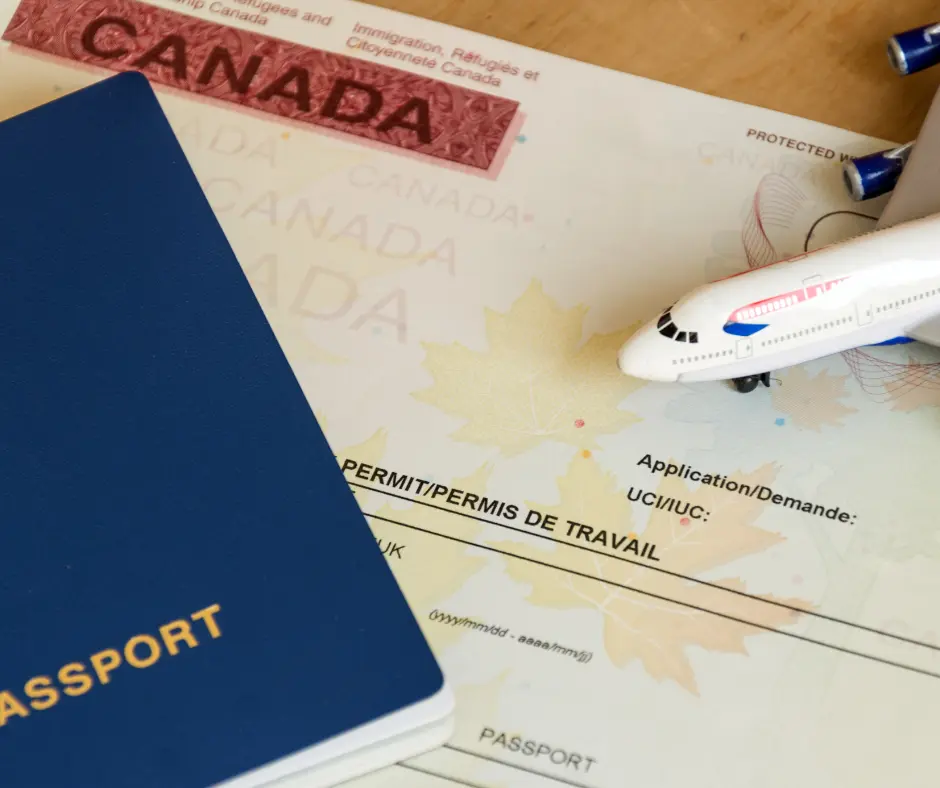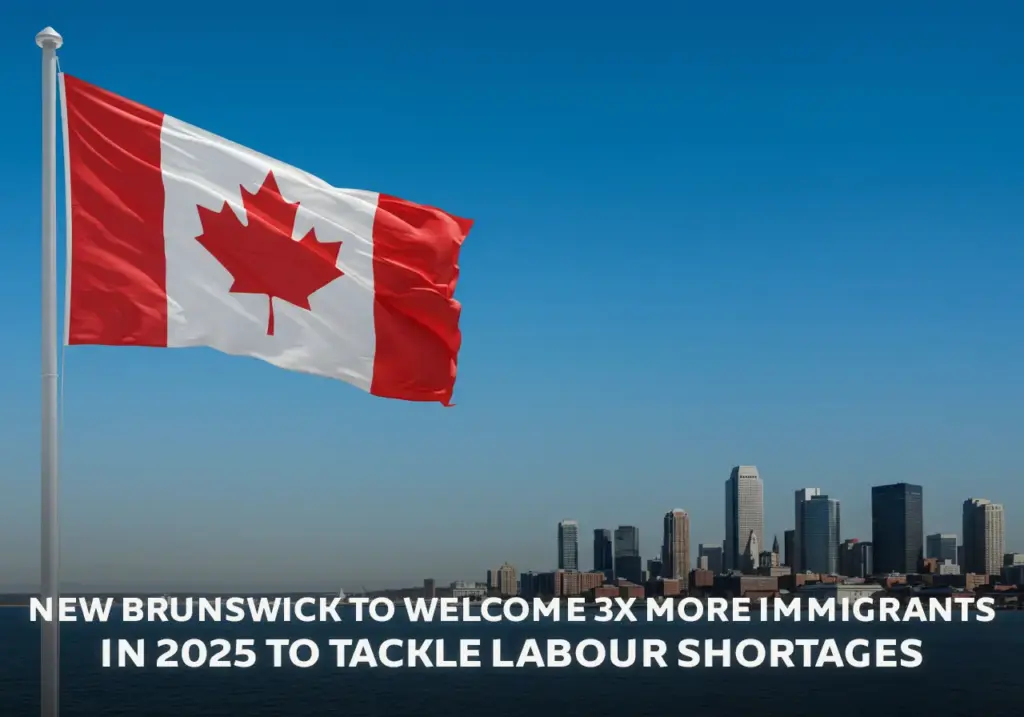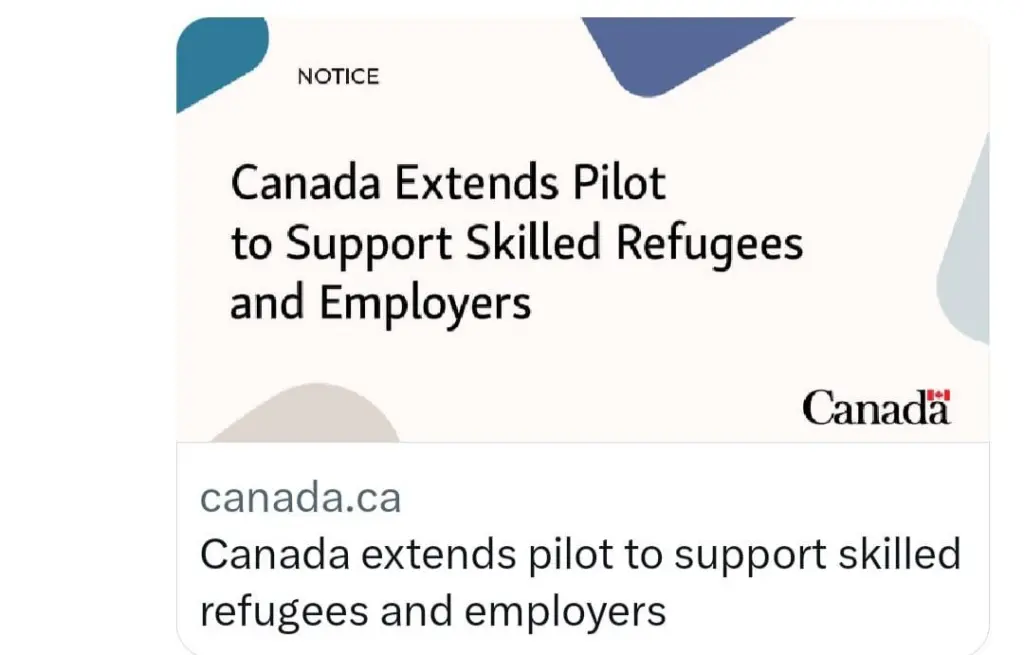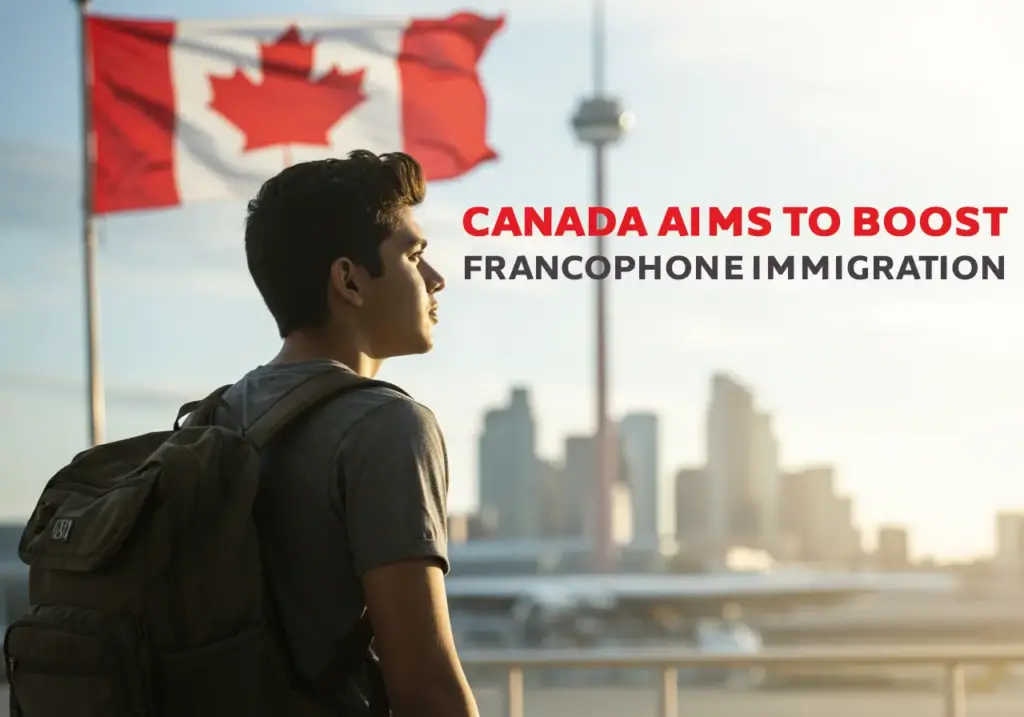Updated Eligibility Criteria for Canadian Open Work Permits in 2024
To understand how working in Canada works for people from other countries, you need to know about two types of work permits: open and closed. They both help you get a job, but they’re different in important ways. This blog looks at the differences between open and closed work permits, focusing on recent changes that affect international students and others looking for work in Canada.

Open work permits let you work for almost any employer anywhere in Canada. They give you more freedom and make it easier to find a job. You don’t need a job offer or special permission, which makes it simpler for both you and your potential employer. This means more international workers can join Canada’s workforce.
On the other hand, closed work permits tie you to one employer. You can only work for that specific employer, and there might be some rules about what you can do. Even though closed permits are more limited, they’re important for certain jobs that require employer support. They still help skilled workers contribute to Canada’s job market.
Find out if you are eligible to get in Canada →
Eligibility for an Open Work Permit in Canada
An open work permit in Canada is granted under specific conditions outlined by the IRCC (Immigration, Refugees, and Citizenship Canada). Individuals may qualify if they meet the following criteria:
1. Post-Graduation Work Permit Program: International students who have completed their studies at an approved higher learning institution, except for those starting curriculum licensing agreement programs after September 1, 2024.
2. Financial Hardship: International students face financial struggles and are unable to afford their education.
3. Abused foreign workers: individuals on an employer-specific work permit experiencing mistreatment in their employment.
4. Bridging Open Work Permit: Applicants who have submitted a Canadian permanent residency application.
5. Dependent family members: Family members are dependent on an applicant for permanent residency.
6. Spouses or dependents of skilled workers: Spouses, common-law partners, or dependent children of low- or high-skilled workers fall under the 2023 criteria.
7. Spouses of International Students in Professional Programs: Spouses or common-law partners of international students enrolled in specific professional degree programs.
8. The Atlantic Immigration Program: common-law spouses or spouses of candidates for the Atlantic Immigration Program.
9. Protected Persons and Refugees: Protected persons, refugees, refugee claimants, or their family members.
10. Unenforceable Removal Order: Individuals are subject to an unenforceable order of removal.
11. Temporary Residency Permit: Holders of a temporary residency permit.
12. Young Employees in Designated Programs: Young employees are participating in designated programs.
It’s crucial to emphasize that individuals holding open work permits are not permitted to work for employers deemed ineligible, particularly those engaged in services such as sensual massages, escort services, striptease, or erotic dance.
Requirements for General Work Permits
When applying for an open work visa, specific requirements must be met, depending on your current location.
Regardless of your location or the type of work visa you’re seeking, you must fulfill the following criteria:
- Demonstrate to an immigration officer that you will leave Canada once your work permit expires.
- Show that you have sufficient funds to support yourself and your family during your stay in Canada and upon your return home.
- Adhere to the law and maintain a clean record, potentially necessitating the provision of a police clearance.
- Ensure that you do not pose a threat to Canada’s security.
- Maintain good health and undergo a medical examination if required for the application.
- Have no intention of working for establishments offering services such as sensual massages, exotic dancing, striptease, or escort services.
- Be prepared to submit additional documents if requested by the immigration officer to verify your eligibility.
How do I request a work permit?
The process for obtaining a work permit varies depending on your place of residence. You have the option to apply for a work permit either at a port of entry (POE) or from outside Canada, depending on your preference.
Applying online using the GCKey login is the most popular and convenient method.
In summary, the 2024 updates to Canadian open work permit eligibility criteria represent a significant advancement in facilitating employment opportunities for international individuals. These revisions prioritize accessibility, fairness, and inclusivity, catering to the needs of various groups such as international students, skilled workers, and family members. By embracing flexibility and responsiveness to global labour market dynamics, Canada reaffirms its commitment to attracting talent and fostering economic growth while maintaining a welcoming environment for those seeking to contribute to its workforce.











